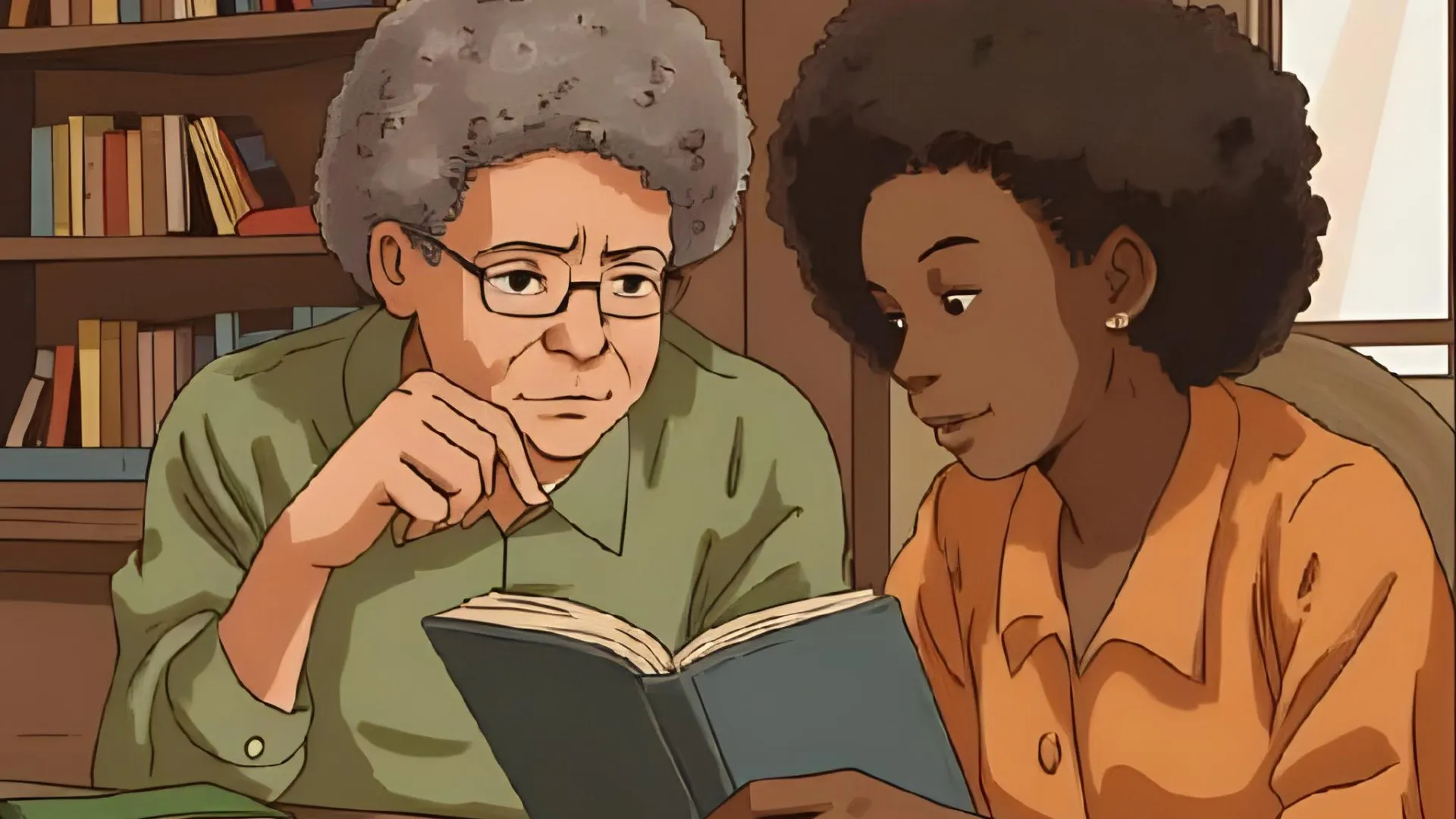The Foundation of Supporting Care-Experienced Young People: Why Trust Matters More Than You Think

After 35 years working in frontline social services, I've learned one undeniable truth: you cannot support a young person who doesn't trust you.
Yet trust is the very thing that care-experienced young people find hardest to give. And can you blame them?
When you've experienced trauma, instability, and broken promises from the adults meant to protect you, trusting again isn't just difficult-it can feel dangerous.
This is why at G & K Care Services, trust isn't just a nice-to-have in our Charting Your Path programme. It's the foundation upon which everything else is built.
The Trust Gap: Understanding What We're Really Dealing With

Care-experienced young people don't arrive at your door with a blank slate. They arrive carrying:
- Memories of adults who promised to stay and didn't
- Experiences of being moved without warning or explanation
- A learned belief that opening up leads to disappointment
- Hypervigilance born from environments where safety couldn't be guaranteed
Traditional approaches often miss this entirely. They focus on outcomes-securing housing, finding employment, developing independence-without first addressing the fundamental question: Why should this young person trust me enough to engage with any of this?
The Five Pillars of Trust-Based Support
Our Charting Your Path programme is built on five interconnected pillars, each designed to bridge that trust gap:
1. Active, Empathetic Listening

This isn't about nodding along while mentally planning your next intervention. It's about reflective listening—demonstrating that you truly hear not just their words, but their emotions.
For example, when a young person with autism says they're struggling with their housing situation, we don't immediately jump to solutions. We might respond: "It sounds like you're feeling really frustrated and overwhelmed with your current accommodation. Is that right?"
This simple technique, called mirroring, achieves something powerful: it shows the young person they've been heard. For someone used to being talked at rather than listened to, this is transformative.
2. Authentic Connection Without Compromising Boundaries

Here's where many practitioners struggle: How do you build genuine rapport while maintaining professional boundaries?
The answer lies in strategic vulnerability. Sharing appropriate personal experiences—not as a therapeutic tool, but as a way to humanise the relationship—can be incredibly powerful.
When working with a young person struggling with attachment issues who feels like they don't fit in, I might share: "I remember feeling exactly that way when I was younger. It took me time to find my people, but I did."
This doesn't mean becoming their friend. It means showing them you're a human being who understands struggle, not just a professional ticking boxes.
3. Empowerment Through Real Choice

Young people in care have often had every decision made for them. Where they live. Who they live with. Even what they eat for dinner.
The Charting Your Path programme deliberately builds choice into every interaction:
- "Would you prefer to work on the budgeting activity or explore housing options today?"
- "When works better for you—meeting Tuesday morning or Thursday afternoon?"
- "What support would be most helpful for you right now?"
These aren't trivial choices. They're exercises in autonomy—teaching young people that their preferences matter and that they have agency over their own lives.
4. Cultural Competency That Goes Beyond Lip Service

Care leavers aren't a homogeneous group. They come from diverse backgrounds, with different cultural identities, experiences, and needs.
Our programme includes dedicated work on cultural identity—not as a tick-box diversity exercise, but as a core component of self-understanding. When young people can explore and celebrate their heritage, they develop stronger self-esteem and clearer identity.
This is particularly crucial when working with young people from minoritized backgrounds, who may have experienced additional layers of marginalisation within the care system.
5. Practical Skills Wrapped in Emotional Support

Here's what doesn't work: Handing a care leaver a budgeting worksheet and expecting them to magically develop financial literacy.
Here's what does: Teaching budgeting skills while simultaneously acknowledging the anxiety that comes with managing money for the first time. Exploring housing options while validating the fear of living independently. Developing job-seeking skills while building the self-belief needed to walk into an interview.
Our workbook includes activities like "My Steps to Success"—breaking overwhelming goals into manageable actions—and "My Support Network Map"—helping young people visualize who they can turn to for different types of support.
What This Looks Like in Practice

At our OFSTED-registered supported accommodation and CQC-registered accommodation with personal care, these principles aren't theoretical. They're lived daily.
Take Marcus (not his real name), an 18-year-old with ADHD and a history of child criminal exploitation. When he first arrived, he wouldn't engage with any support. His experience told him that adults made promises they didn't keep.
Instead of pushing, we focused on consistency. Regular check-ins-not just when problems arose, but to simply chat and see how he was doing. Respecting his pace. Keeping our promises, even the small ones.
Six months later, Marcus is actively engaged with his pathway plan, has started college, and recently told his key worker: "You lot actually care. That's different."
That's the power of trust-based practice.
Why This Matters for Commissioners and Social Workers

If you're placing young people with complex needs-autism, learning disabilities, attachment issues, ADHD, mental health challenges—the quality of the therapeutic relationship isn't a bonus. It's the intervention.
Young people with these needs have often experienced multiple placement breakdowns. Not because they're "difficult," but because services haven't built the trust necessary for them to engage.
The Charting Your Path programme addresses this head-on, providing both the emotional scaffolding and practical skills development these young people need to thrive.
Training Your Team in Trust-Based Practice

We offer comprehensive training for residential care workers, support workers, and social care practitioners who want to develop these skills. Because here's the reality: you can have the best policies and procedures in the world, but if your staff don't know how to build trust, placements fail.
Our training covers:
- Advanced communication techniques (mirroring, reflective listening, solution-focused questioning)
- Managing boundaries while maintaining authentic connection
- Working with complex trauma and its impact on trust
- Cultural competency in practice
- De-escalation and managing challenging conversations
Ready to Learn More?
Whether you're looking for specialist placement for care-experienced young people with complex needs, or training for your team in evidence-based direct work techniques, G & K Care Services is here to help.
Contact us today to discuss current vacancies or training opportunities
📞 02033938277
Gradle Gardner Martin brings over 35 years of frontline social work experience to her role as founder of G & K Care Services. Her Charting Your Path programme has supported hundreds of care-experienced young people in their transition to independent adulthood.
